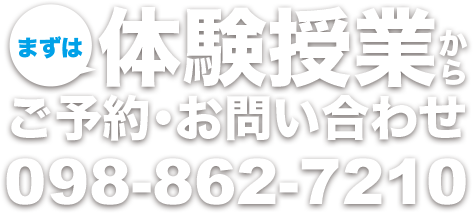〈I〉
(A) 人間は生存のため独自の社会性と工夫を通して食べ物を分け合い、社会を築き文明を生 み出した。その過程で生存と無関係な食に関する様々な嗜好や文化を持つようになった。(79)
(B)
(ア) (1)−e (2)−c (3)−d (4)−b (5)−f
(イ) when they would have liked the conversation to have been over
〈II〉
(A) I do not think that art should play a practical role in society. Practical art may mean that like science, music and paintings should create innovation and make a profit. However, this is not its purpose. I believe the main purpose of art is to enrich people’s lives. You can listen to music just to relax after work, and can plan to go to a museum just to ask out a girl. Art is there for people, not for society. (80)
(B) This is not so bad, because it is a different point of view from that of locals that enables travelers to see the town differently. I often imagine, however, what the town would look like if I were not a traveler, but someone who lived in the place.
〈IV〉
(A) (21)−c (22)−e (23)−b (24)−d (25)−a
(B)
(ア) 彼は自分が頼んだ本を借りられるとは思っていなかった。というのも、黄色のラベルの本を 借りるよう先生に言われていたからだ。
(イ) 子供に読み方を教える尊い仕事と読書愛を抱かせる同じくらい尊い仕事の間には溝が存 在する。
(ウ) ラベリング、年齢関連のルール、制約的な貸し出し方針のどれを通しても、選択を狭めるこ とは子供を本と読書好きにする戦略にはならない。
〈V〉
(A) ミュージカルで男性の役を女性である筆者に割り当てたことで、1980年代のアメリカでは性 別ごとに適切な振る舞いが強く意識されていたから。
(B) How had they known what they looked like
(C) 普段とは違う本来の自分らしい男性の容姿をしているので、映像の中の筆者が居心地の良さを感じていた。
(D) (ア) (26)−a (27)−b (28)−f (29)−d (30)−c (31)−e (イ) a (ウ) c






